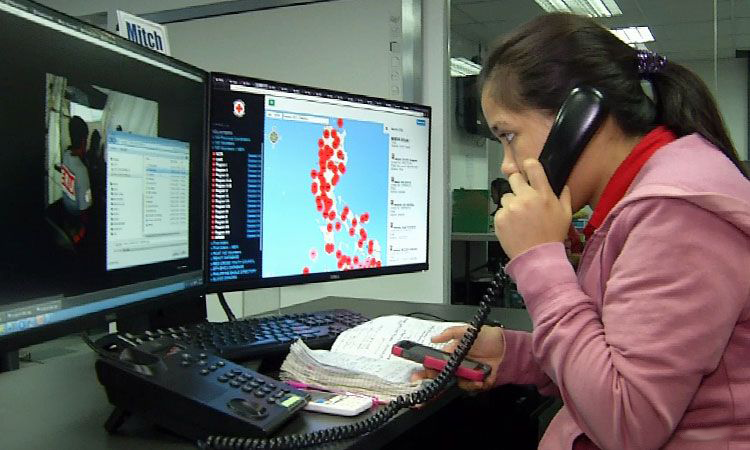


Like in the U.S., 911 is also the national emergency telephone number of the Philippines managed by the Emergency 911 National Office. This was a project that sought to enable the faster delivery of emergency services to the Filipino people. It was on August 1, 2016, that 911 effectively replaced Patrol 117.
The main tasks of 911 operators are the following:
Being a 911 operator is extremely difficult for a multitude of reasons. Firstly, the job is incredibly intense and stressful. At any moment they could answer the phone to a panicked caller and alter the course of their lives depending on their actions.
In addition to the job’s demands, 911 operators can experience traumatic calls that impact their emotional well-being, with some quitting. Nearly one-third of calls produce peritraumatic distress among 911 dispatchers. A study by the Journal of Traumatic Stress linked distress to post-traumatic stress disorder (PTSD).
The responsibilities of a 911 operator are complex, as they take calls for police, fire, or ambulance assistance, and dispatch emergency personnel and vehicles as quickly as possible. They also need to log calls, track emergency vehicles, and prepare detailed reports of activities that occur during their shifts.
In 2019, the Philippine Emergency 911 (or E911) got 18.483 million calls, up from the 1.46 million it received in 2016. The dramatic rise in calls received by E911 indicated that the public has become aware of this program that can be used for seeking assistance during emergencies.
Of the total 18.483-million emergency 911 hotline calls received in 2019:
Interestingly, 1 in every two calls received were incomplete calls, or those that were abandoned, disconnected, dropped, or garbled (robotic), indicating a lack of discipline in making 911 calls.